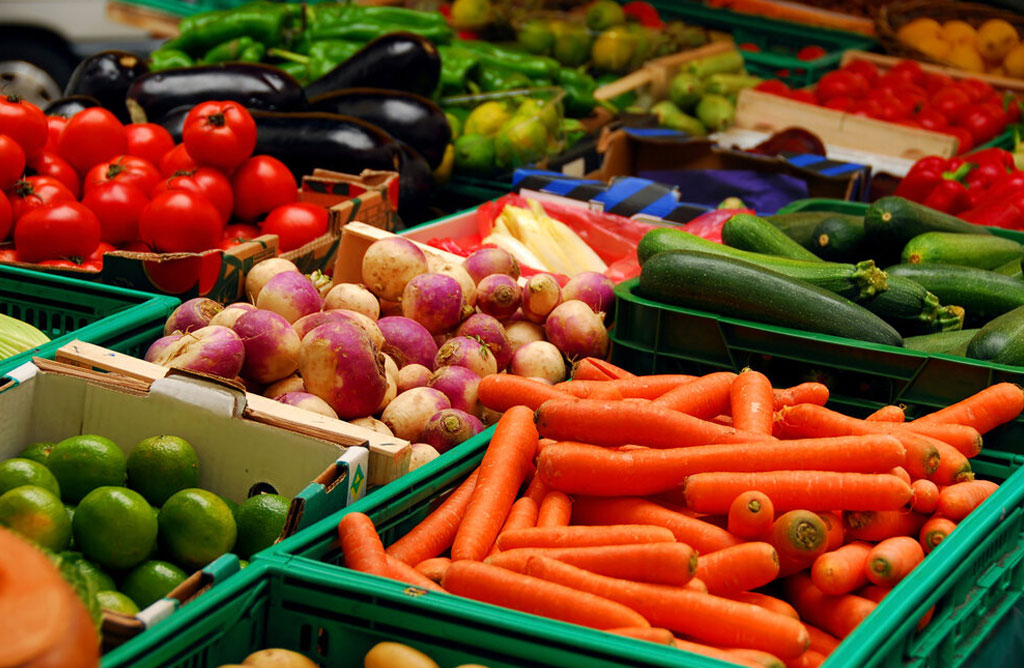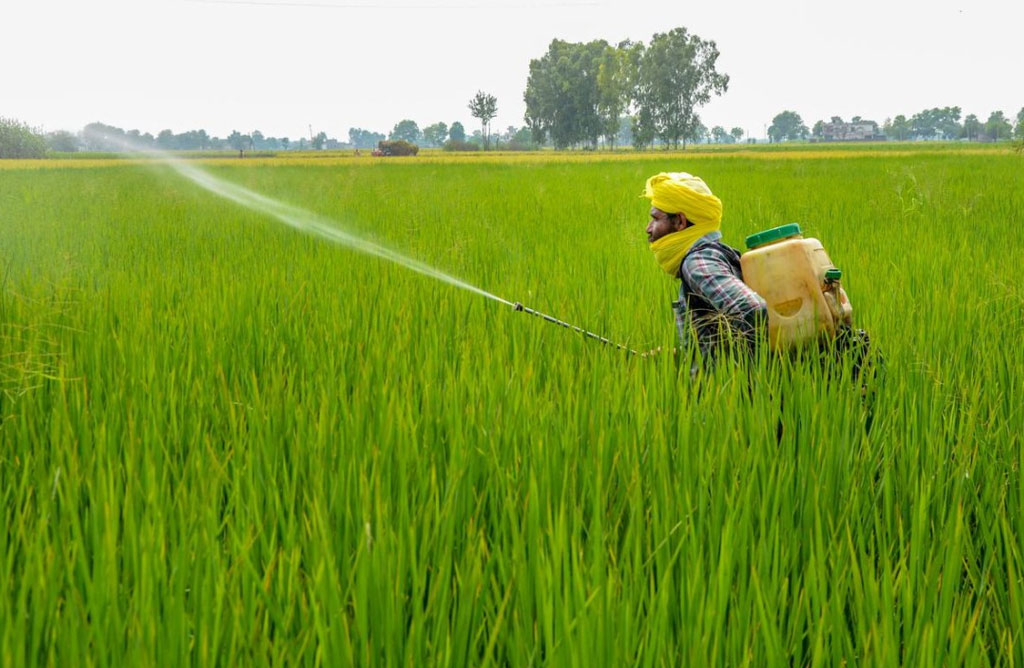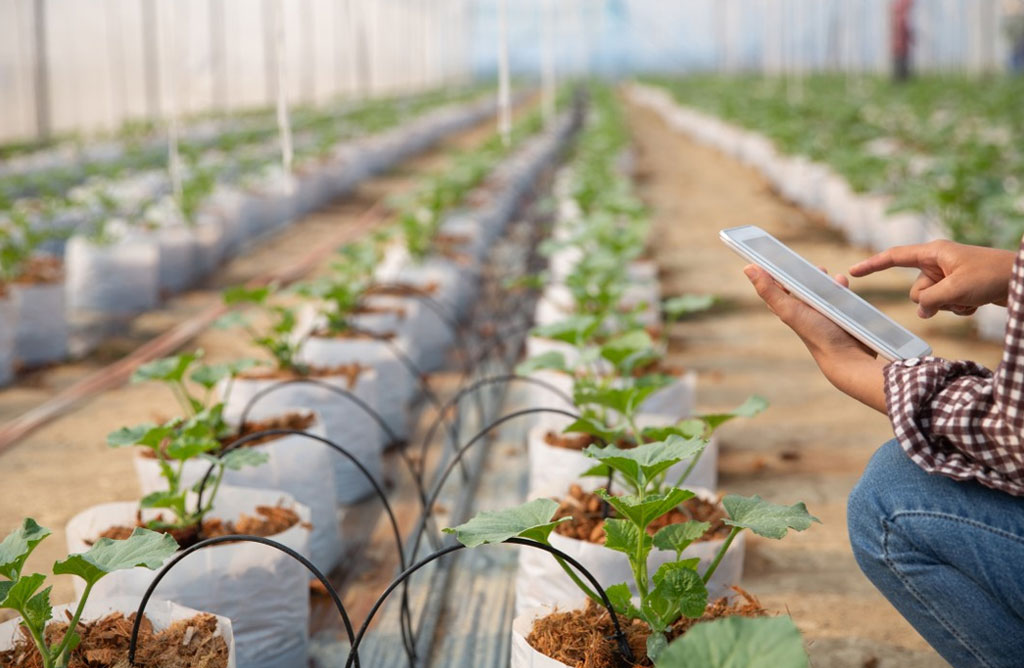
In the realm of global trade, India stands as a formidable player, especially in the agricultural sector. With its vast land resources, diverse climatic conditions, and rich agricultural heritage, India has the potential to dominate the world market in agro-exports. In this comprehensive guide, we delve into the intricacies of India's agricultural prowess, the quality and diversity of its produce, strategies for market penetration and expansion, and the crucial role played by the agro-export industry in empowering the nation's economy.
Exploring India's Agricultural Potential
India's agricultural landscape is as diverse as it is vast. From the fertile plains of Punjab to the lush greenery of Kerala, each region offers a unique blend of crops and produce. The country boasts of being one of the largest producers of staples such as rice, wheat, and pulses, alongside being a significant player in fruits, vegetables, spices, and cash crops.
Moreover, India's agriculture is not just about quantity but also quality. With advancements in farming techniques, irrigation systems, and the adoption of organic practices, Indian farmers are producing high-quality, premium-grade produce that meets international standards. This quality assurance has been instrumental in establishing India as a reliable source for agro products in the global market.
Leveraging Quality and Diversity of Indian Produce
The key to India's success in the agro-export market lies in its ability to leverage the quality and diversity of its produce. From the aromatic Basmati rice of the foothills of the Himalayas to the succulent Alphonso mangoes of Maharashtra, Indian agricultural products are renowned for their distinct flavours, textures, and nutritional value.
Furthermore, India's geographical and climatic diversity enables year-round production of various crops, ensuring a steady and consistent supply to meet the demands of international markets. This flexibility gives Indian exporters an edge over their competitors, allowing them to cater to diverse preferences and seasonal fluctuations across different regions of the world.

Strategies for Market Penetration and Expansion
While India's agricultural potential is undeniable, effectively penetrating and expanding into global markets requires strategic planning and execution. One of the primary strategies is to establish strong trade partnerships and collaborations with international buyers, distributors, and retailers.
Additionally, investing in market research and understanding consumer preferences and trends in target markets is crucial for tailoring products and packaging to meet specific requirements. This customization not only enhances the competitiveness of Indian agro-exports but also fosters long-term relationships with customers, leading to repeat business and brand loyalty.
Furthermore, leveraging digital platforms and e-commerce channels can significantly expand the reach of Indian agro products to international consumers, especially in the wake of the digital revolution and the growing trend of online shopping.
Empowering India's Agro-Export Industry
The agro-export industry plays a pivotal role in empowering India's economy by generating employment, boosting rural incomes, and contributing to foreign exchange earnings. As one of the leading exporters of agricultural products, India has the potential to further strengthen its position by adopting modern technologies, streamlining supply chains, and investing in infrastructure development.

Moreover, government initiatives aimed at promoting agro-exports, such as the Agricultural Export Policy and the National Agricultural Market (eNAM), are instrumental in providing a conducive environment for farmers and exporters to thrive.
By focusing on sustainability, fair trade practices, and value addition, India can not only expand its market share but also enhance the socio-economic well-being of millions of people involved in the agro-export value chain.
To Conclude
India's journey to conquer the world market in agro-exports is a testament to its agricultural prowess, quality produce, strategic initiatives, and the resilience of its farming community. By capitalizing on its strengths, addressing challenges, and embracing innovation, India can emerge as a global leader in agro-exports, catering to the diverse needs of consumers worldwide.
As we navigate the complexities of international trade and strive for sustainable development, let us recognize the vital role played by the agro-export industry in shaping India's future as a powerhouse in the global economy.

